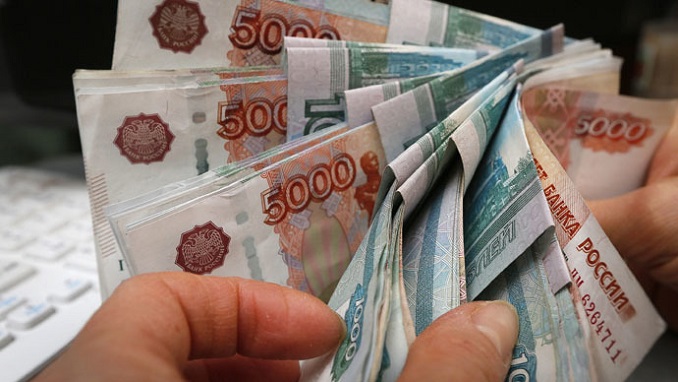In a bid to boost the ruble’s global role and help offset the impact of Western sanctions, Russia is looking to establish an offshore ruble market, deputy finance minister Alexei Moiseev told Reuters last week.
The process, which Moiseev said was supported by the central bank, includes plans by the government to partially relax rules that compel companies to return export revenues to Russia.
“The idea that the ruble should become a reserve currency has not been cancelled,” Moiseev said.
Under Western sanctions since 2014, Russia has been trying to build its own financial infrastructure to protect itself from any further curbs on activity by its banks and companies. It has already set up its own credit rating agency, payment system and clearing house.
Moscow now wants to promote a bigger role for the ruble, including more use of the currency to settle transactions between Russian companies and foreign counterparties.
At present, Moscow asks companies to return a certain share of foreign exchange revenues to Russia, with exceptions for some sanctions-hit firms. Conversion of these revenues into rubles helps support the national currency.
Moiseev said his ministry is now proposing that from 2020 companies be allowed to keep earnings received and converted into rubles abroad outside Russia, in a step-by-step easing process depending on what a company is exporting.
“For example, a company sold trucks to Latin America, got payment in U.S. dollars. The money came to the bank where the truck manufacturer has an account, the bank has converted it into rubles and credited it to their (the manufacturer’s) account,” Moiseev said.
The company will then need only to show the Russian authorities an account statement from a foreign bank proving it received the rubles for an export deal, Moiseev added.
The change should mean that banks outside Russia, including units of the local lenders such as Sberbank or VTB, will need to buy and hold more rubles on their overseas accounts.












